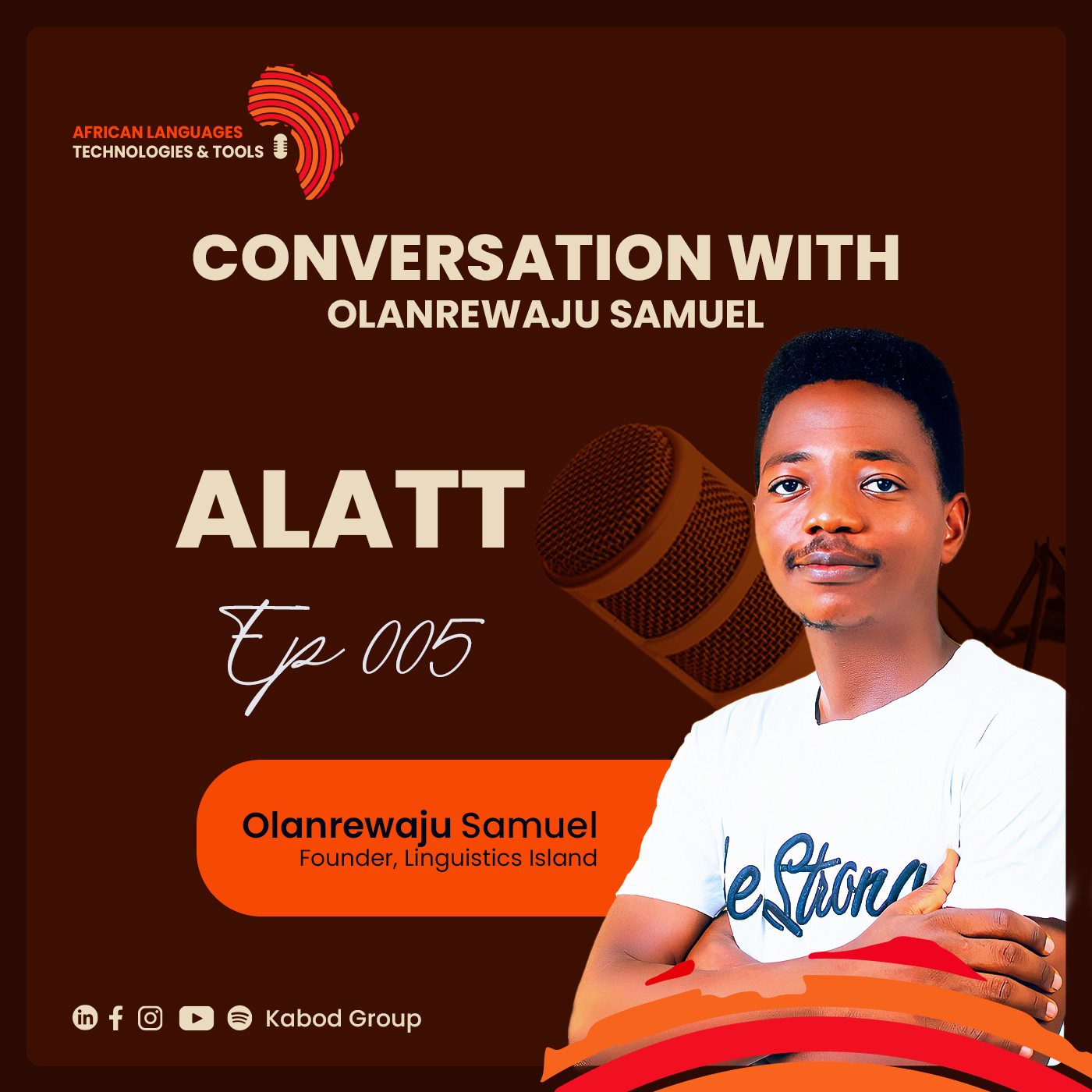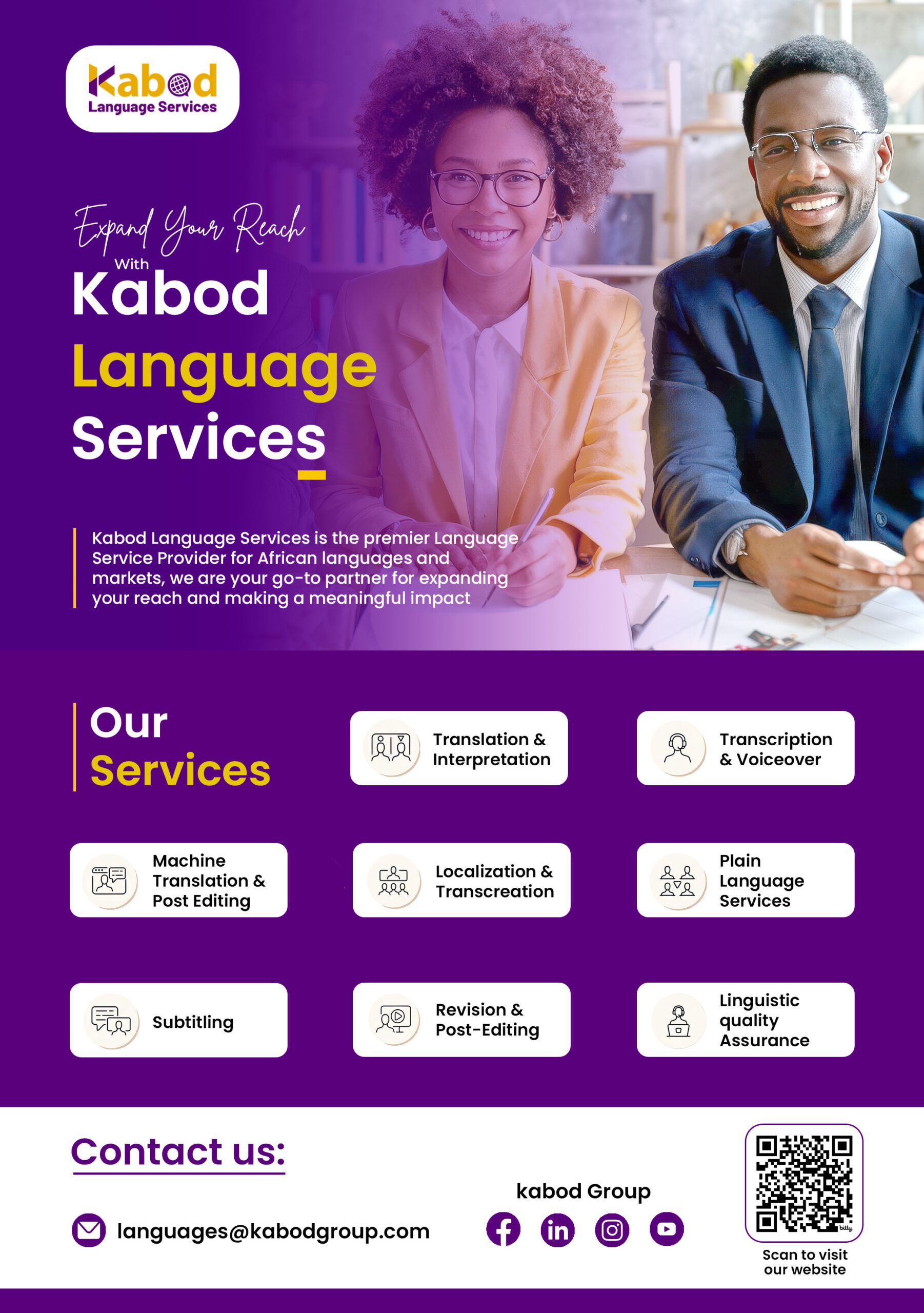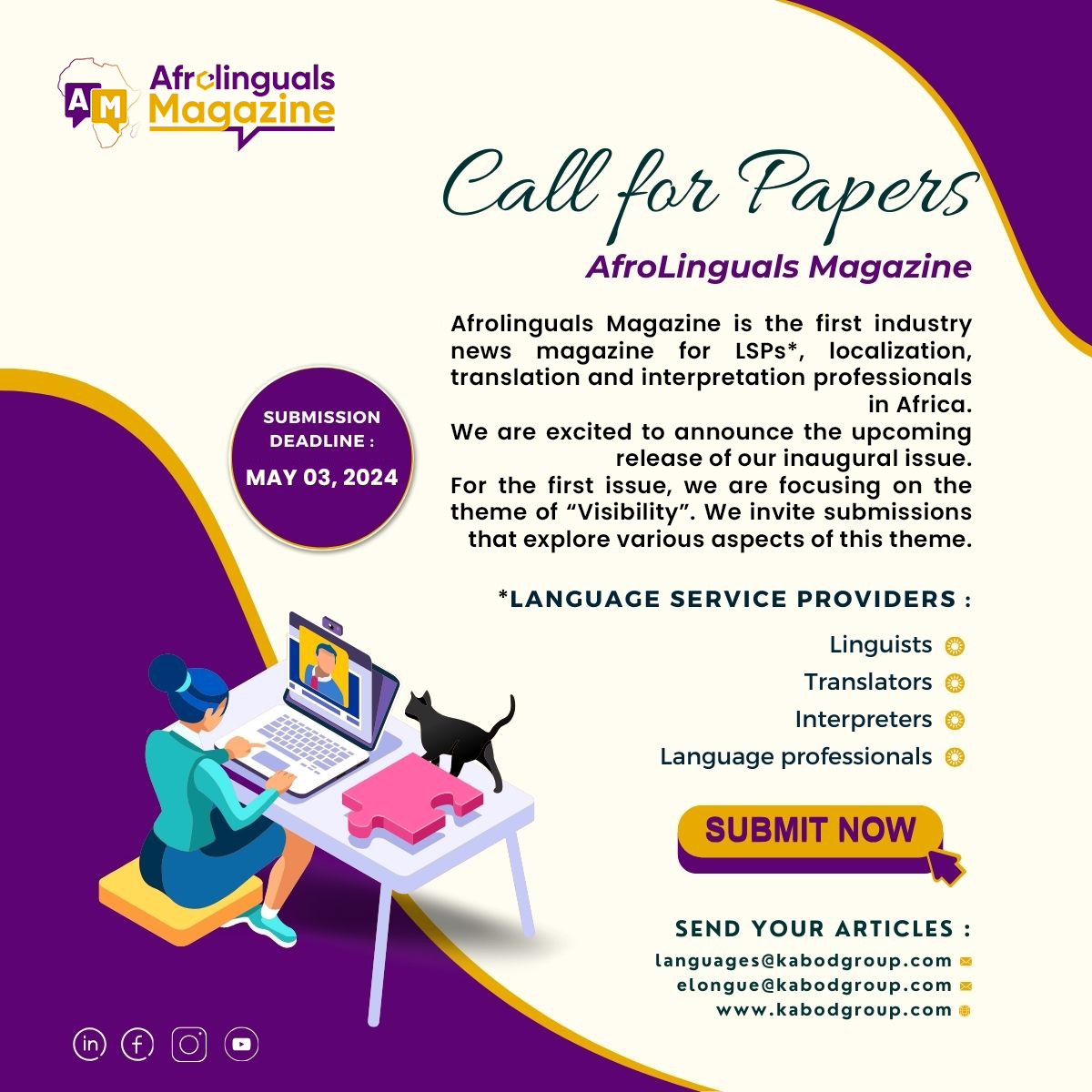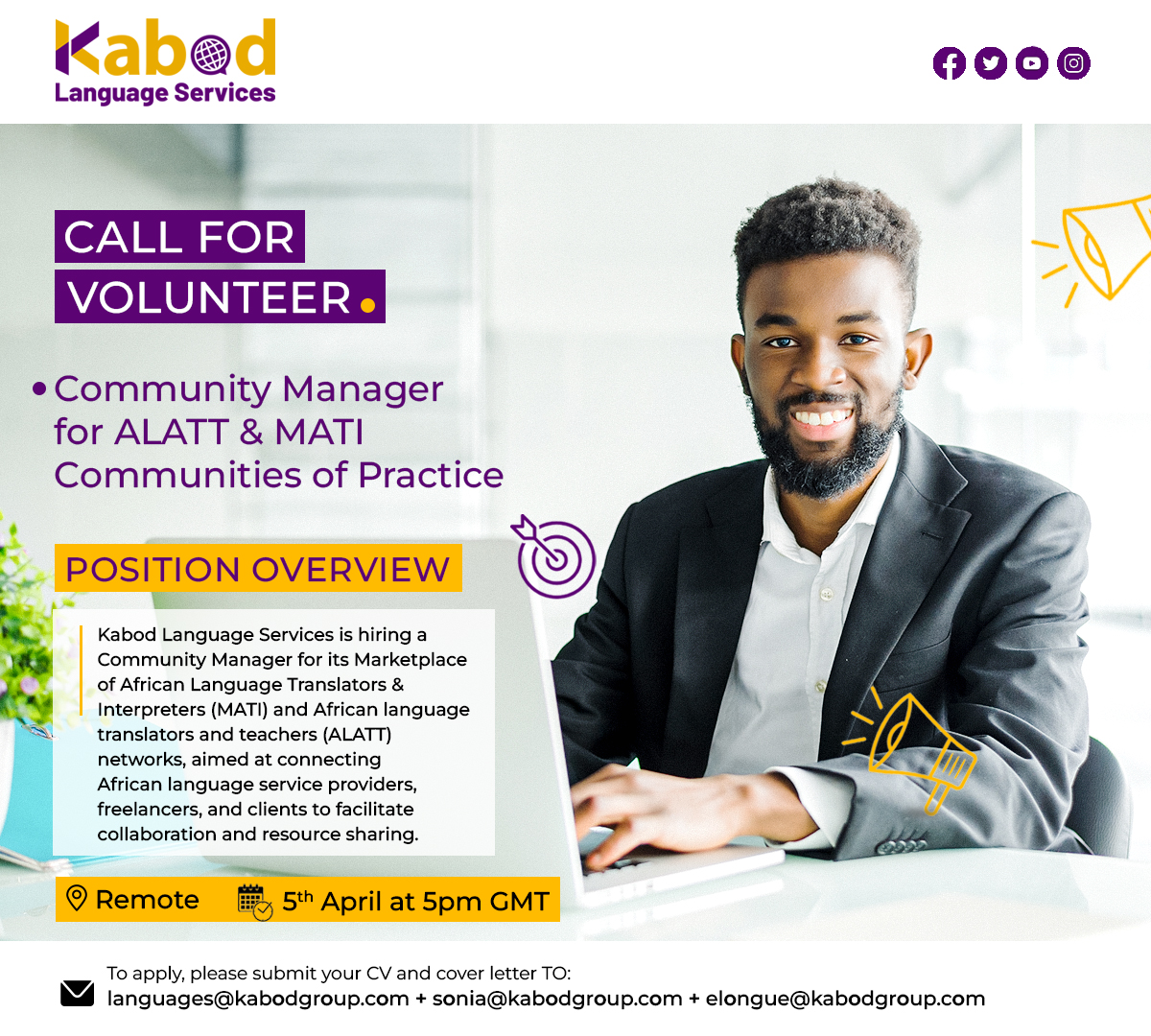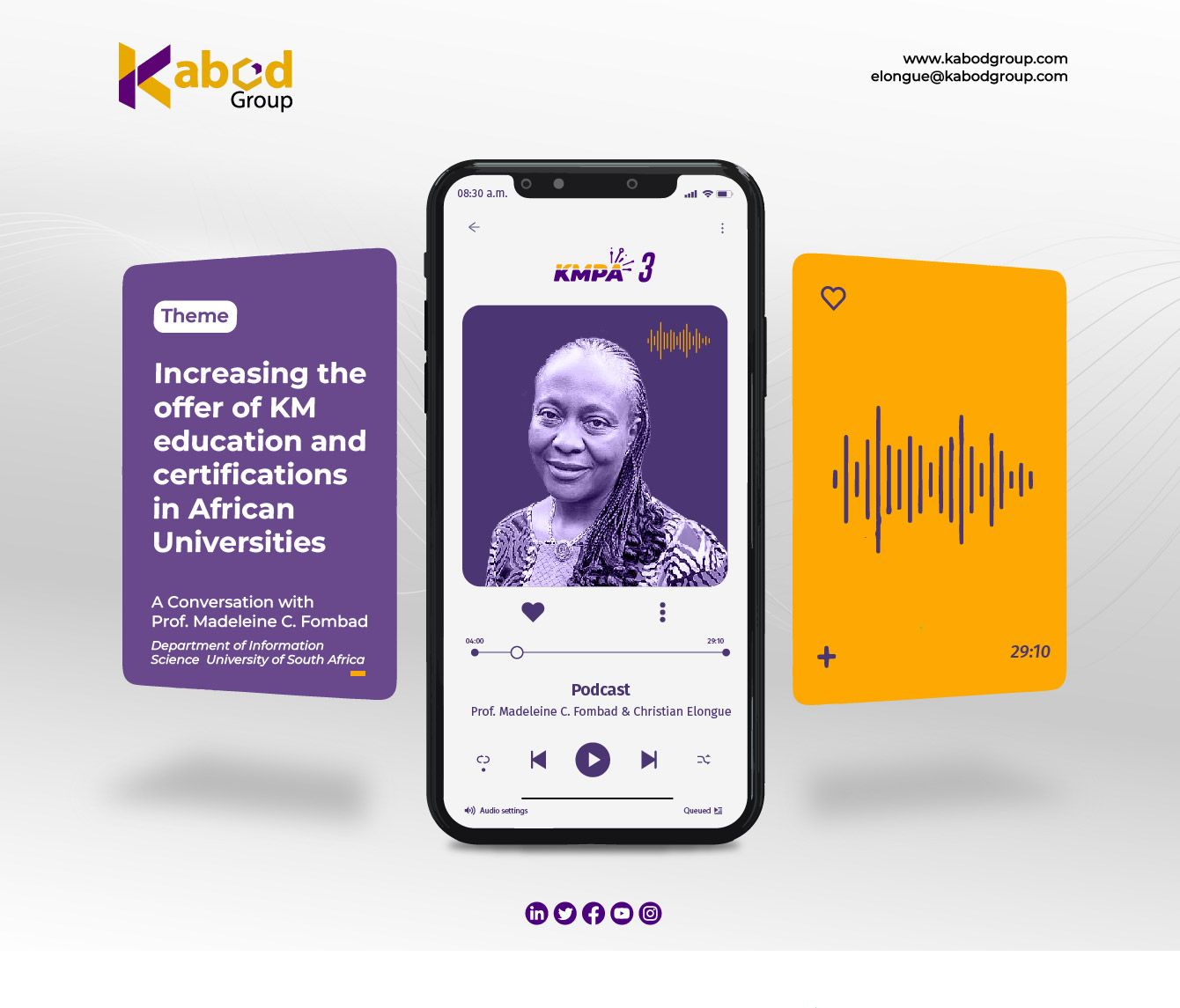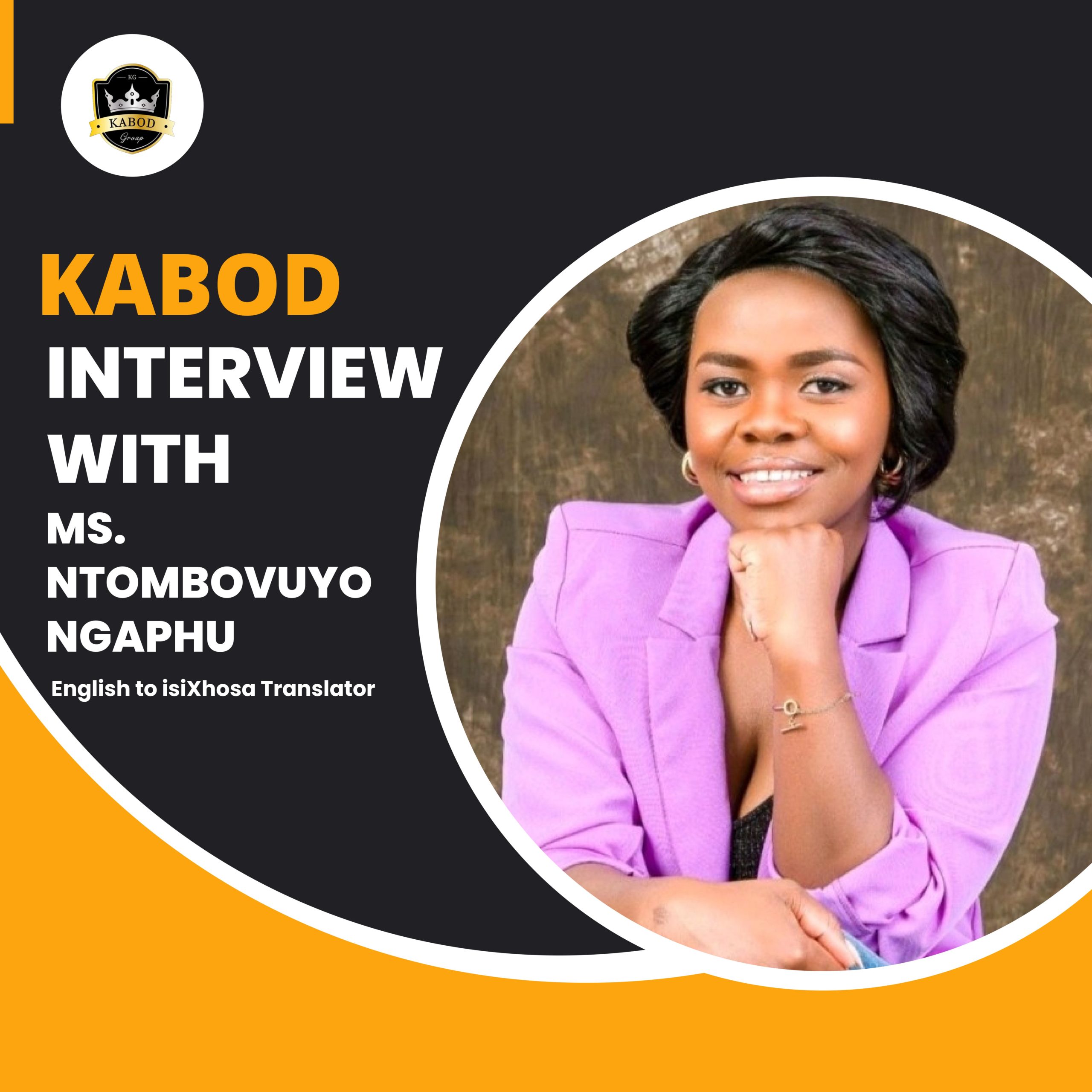
The language industry in Africa is full of untapped opportunities. Kabod has ventured on a journey of identifying, documenting and highlighting inspiring stories and innovative projects from entrepreneurs, researchers and freelancers in the translation, interpretation and natural language processing communities. The final goal is to celebrate African professionals in the language industry and facilitate knowledge and experience sharing.
Ms. Ntombovuyo Ngaphu is a translator from South Africa. Her working languages are English and IsiXhosa. She loves Africa and everything about African languages. She specializes in academic, medical, and literary content. Her urge to translate into her mother tongue which is IsiXhosa is driven by her love and desire to see her language as well as other African languages grow.
Kabod: What does translating in your language mean to you?
I translate from English to isiXhosa mainly because I want to increase the standard of the isiXhosa language so that it may be used in main domains of society such as the court, as the main language of teaching and learning in schools, in universities, in the economic sector etc. The ultimate goal is to contribute in the fight by several other translators, academics, and law-makers to make sure that isiXhosa, as one of South Africa’s previously marginalized languages, has an opportunity to grow and be further standardized.
Kabod: How did you start your career in the translation industry?
I started freelancing in my second year of university in 2014. Whenever departments such as the psychology department and the journalism department had materials that needed to be translated, they would reach out to the lecturers in my department (African Languages Studies Department) and those lecturers would collaborate with us, translation students, to complete the work. From then on, I started getting my own clients through recommendations and my freelance translation career kept growing.
Kabod: How does your native language influence your fluency with other languages?
Translating between isiXhosa and English means that I have to read texts and conduct research regarding the grammar and cultural aspects of both these languages. So by virtue of doing that, I gain a lot of insight into the English language. I also learn about other languages as well out of interest and the fact that I live in a diverse country like South Africa.
Kabod: What are some of the relevant projects you are working on?
I am currently translating IT content, short stories written by a seasoned Xhosa novelist, as well as academic content for departments within two different South African universities.
Kabod: Can you share some success stories of translation projects involving your language? How have they impacted your community?
I’m excited to be working with two major universities to translate their academic content so that it can be available for Xhosa speaking students in their mother-tongue, and to expand research resources available in isiXhosa. I have also translated short stories which will be used in primary schools as one of the recommended reads, and I have also translated questionnaires that were later used in significant research projects within the health sector.
I had the most fun some years ago when I got to translate questionnaires which were then used to interview fishers in different fisher communities such as Port St. Johns in the Eastern Cape as well as Doringbaai in the Western Cape. I was part of the team conducting those interviews, so it was fun to see my work being used in real-time and how those fishers were able to understand and respond to the questions because they had been translated into their mother-tongue.
Kabod: How do you market yourself and your services as a translator?
I get most of my clients through recommendations. I have also found that being active on LinkedIn helps in terms of getting new clients as well as showcasing your brand as a freelance translator.
Kabod: How did you get your first contract? What strategies do you use to increase your pool of clients while maintaining the existing ones?
I got my first contract through a recommendation.
My best strategy to increase my pool of clients is by simply being genuine and then producing the best quality of work for my current clients so that they can recommend my services to other people.
Kabod: Do you have any translation areas that you specialize in? Why those topics?
I mainly specialize in academic content, health, and literature. I do translations in other fields as well but I would say I am a specialist in the first 3 that I mentioned. I am a writer and poet myself so it is easier for me to translate literary works.
I am also a Fundi by heart – I love learning and conducting academic research, doing presentations and all the things that scholars do, hence I specialize in academic translations.
Kabod: How do you leverage technology to facilitate your work as a translator? Do you use Computer Assisted Translation tools?
I receive most of my translation projects in MS word format. I translate on my computer in that same format and send the work back to the client. Two of my previous clients have given me the login details to their CAT tools which I managed to use successfully. Through my LinkedIn connections, I have learned about several CAT tools, some of which are free so I aim to learn more about them soon.
Kabod: Do you think there is a viable market for African languages translation ?
Yes, the world is diverse.
Businesses need to appeal to their consumers who speak African languages and what better way to do that than to use the languages that these people sucked from their mothers’ breasts?
Kabod: What are the three top pieces of advice that you will share to a budding translator from Africa from your experiences?
1. Be genuine and stay true to your brand and your values. 2. When you get a translation project to work on, give it your best shot. 3. Build valuable connections everywhere, and be active on LinkedIn.
Kabod: How do you envision the future of translation in African languages?
Translation as a field itself is growing and that is helping African language professionals to be able to put their skills to good use.
Kabod: Could you highlight fellow friends and colleagues who are working to elevate (your) language(s) and culture(s) and make them more accessible in your community?
The two people promoting isiXhosa from whom I have gained most inspiration are Professor Pamela Maseko and Dr Bulelwa Nosilela,
Thanks, Ms. Ngaphu, for your time and for sharing your experiences with us.
Are you also in the language industry in Africa? Would you also like to be featured in our Knowledge Exchange Series, which highlight the journey and experiences of African language translators, interpreters, computational linguists etc.,? Then, reach out to languages@kabodgroup.com to express interest.


